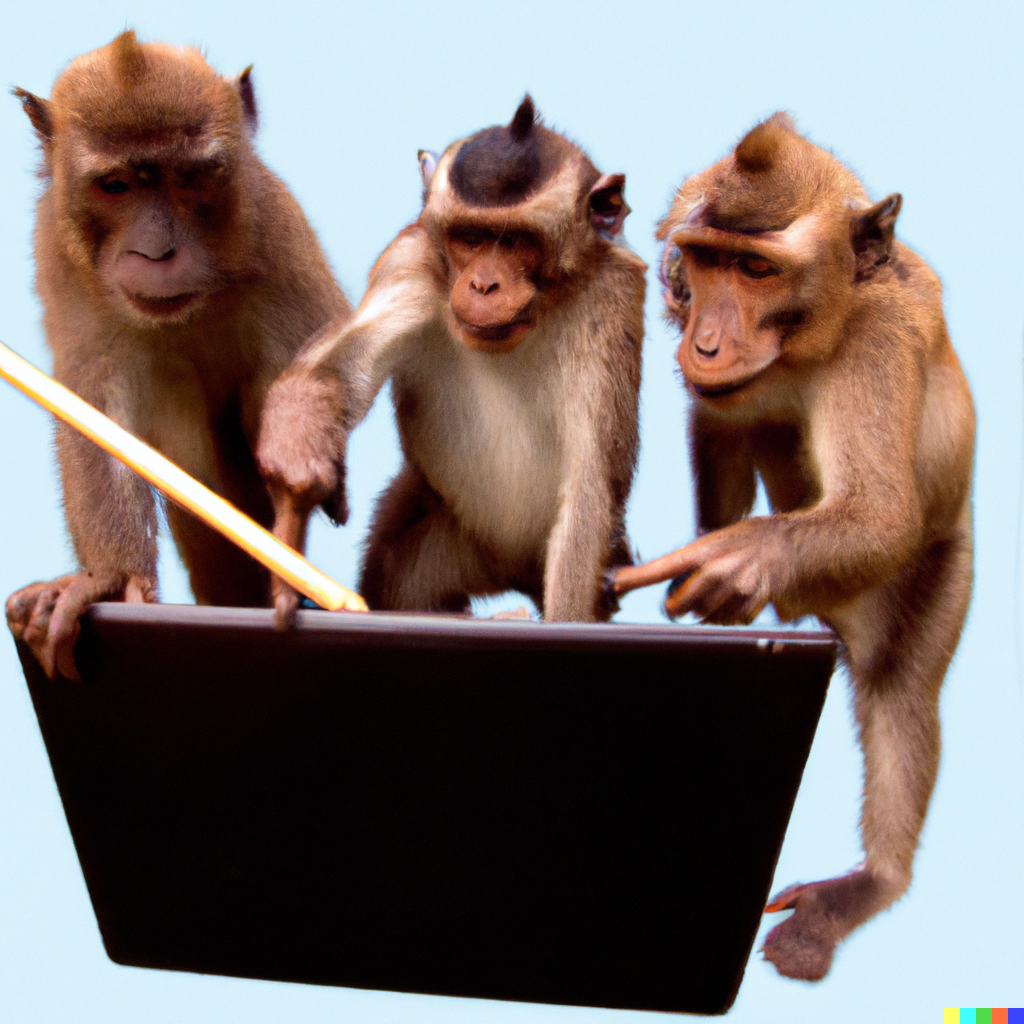
How to encourage new thinking in your business

“This is going to be a period where you disrupt or you’re going to get disrupted.”
John Chambers, former CEO of Cisco Systems and head of JC2 Ventures
In today's ever-changing business world, innovation and creativity have become crucial for companies to stay competitive. “You could argue that innovation is not optional anymore,” Ethan Bach, Managing Partner, Innovation and Solutions, from Baker Tilly, recently told Quartz magazine.
However, the approach taken by many companies to achieve this goal is often misguided according to author Nir Bashan. Writing in Psychology Today, he argues that the creation of a separate innovation department is not the best way to encourage innovation and creativity because these qualities are best generated within the team that is solving a problem.
Furthermore, he says, many companies mistakenly view innovation as something that should yield an immediate return on investment, despite the fact that most innovative ideas take years to mature. Instead of creating an innovation department, here are two important factors businesses can use to encourage greater creativity and innovation among their staff:
The best approach is to empower individuals and teams to use their creativity and innovation to solve problems that have meaning to them. Allow employees to redefine established pathways and find new and innovative ways of doing things. This can lead to productive solutions that are relevant to the problem at hand.
Another idea is to set aside time specifically for innovation and creativity. This could be a weekly meeting where employees discuss unconventional ideas or brainstorm new approaches to existing problems. By reducing the pressure to "get it right" and allowing for creative freedom, employees may come up with incredible new ideas.

Innovation departments are often isolated and disconnected from the real-world problems they aim to solve, resulting in either too little, too late innovation or innovation that isn't practical or useful. Instead of relying on siloed innovation departments, businesses should focus on championing creativity.
Encouraging individuals and teams to write down their ideas can be a powerful tool for uncovering innovation. Writing things down activates a special circuit in our brains that allows us to look at ideas in a new and fresh way. Encourage your colleagues to write things down and watch as creativity and innovation begin to flow.
Another way to champion creativity is to allow for flexible work arrangements. Studies show that working in one's own environment, free from the stress of a commute and office politics, can heighten creativity and innovation. If on-site work is necessary, consider changing the work environment or break areas to spark creativity.
Finally, businesses should practice failure. Failure allows bad ideas to find their own course and can lead to profound innovations. When we become unafraid to take risks, we open ourselves up to the most profound seeds of innovation. By practicing failure and taking calculated risks, businesses can foster a culture of creativity and innovation that drives success.
“I believe you have to be willing to be misunderstood if you’re going to innovate.”
Jeff Bezos, Founder of Amazon
The Drucker Institute's Management Top 250 ranking evaluates corporate effectiveness by analyzing performance in five key areas: customer satisfaction, employee engagement and development, innovation, social responsibility, and financial strength. The ranking is based on an assessment of 34 different data points from several sources.
Each of the five areas is considered equally important in the calculation of the score that determines the ranking but extracting just the innovation ratings, gives this top 10 list of companies that innovate.
|
Rank |
Company |
Score |
|---|---|---|
|
1 |
Microsoft |
133.7 |
|
2 |
Amazon.com |
121.8 |
|
3 |
Exxon Mobil |
110.8 |
|
4 |
Allstate |
105.3 |
|
5 |
IBM |
99 |
|
6 |
Walmart |
97.3 |
|
7 |
Whirlpool |
96.5 |
|
8 |
General Motors |
94.2 |
|
9 |
Uber |
92.6 |
|
10 |
Equinix Inc. |
92.4 |
|
Source; Drucker Institute |
||
Despite Bashan’s advice, a number of well-known companies have departments for innovation that are well known for their success;